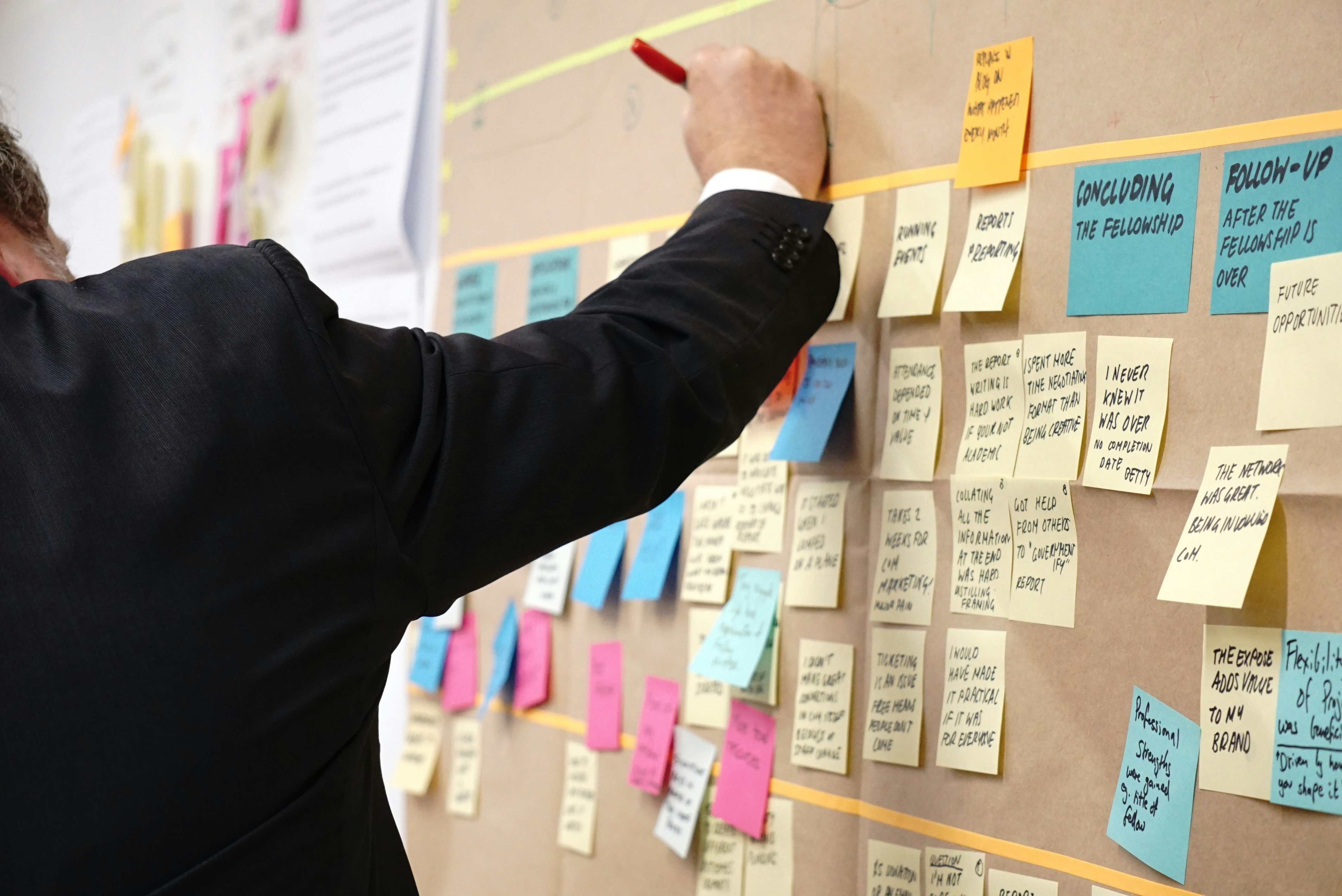
Tips to Excel in Project Management Certification While Working Full-Time
Balancing a full-time job with project management certification studies demands clear organization and realistic planning. Set aside specific times during your week, such as early mornings, lunch breaks, or weekend afternoons, to review materials and complete practice exams. Track your work commitments on a calendar and identify regular gaps where you feel most alert. Use these periods to break larger topics into smaller, manageable tasks. Stay flexible and adjust your schedule if unexpected meetings or deadlines arise at your job. By consistently dedicating time to your certification goals, you can make steady progress without overwhelming your daily routine.
Clear goals make the path forward visible. List each exam domain, assign a target completion date, and break topics into bite-sized lessons. You build momentum when you finish each lesson and check it off your list.
Planning Your Study Schedule
Create a calendar that marks study blocks and work obligations. Reserve specific hours during early mornings, lunch breaks, or weekends. Turn these blocks into firm appointments on your phone so you treat them with the same commitment as a meeting.
Set daily, weekly, and monthly milestones. For example:
- Daily: Review one chapter or complete a set of practice questions.
- Weekly: Finish a full practice test and analyze your mistakes.
- Monthly: Revisit all completed topics and confirm mastery.
Update your milestones each week to keep your calendar current. If a section takes longer than planned, shift tasks in small steps instead of abandoning your plan.
Effective Learning Techniques
Use active recall to improve your memory. After reading a passage, close the book and write down key ideas. This practice forces your brain to retrieve information without cues.
Try spaced repetition with flashcards. Tools like Anki let you review cards at increasing intervals. That timing strengthens your memory without overwhelming you with too many reviews at once.
Teach concepts aloud to a friend or record yourself explaining them. This method highlights gaps in your understanding and builds confidence. When you put ideas into your own words, you notice areas that need more study.
Break long study sessions into 25-minute intervals. Take a five-minute break to stretch or grab water. This rhythm keeps focus sharp and prevents burnout.
Balancing Study and Full-Time Work
Set aside small blocks of time around your existing commitments. If meetings run longer, cut a lunch session or fit a quick review into your commute through audio lessons. You maintain consistency by adapting rather than skipping study days altogether.
Share your schedule with family, roommates, or close friends. When people know your quiet hours, they respect your focus and support your plan. Remove digital distractions by silencing notifications during study blocks.
At work, apply management concepts to daily tasks. Leading a team meeting or organizing a project budget serves as practical learning. You connect theory to real results and reinforce ideas without setting extra study time.
Keep a short journal at the end of each day. Note what you learned at work that links to certification topics. This habit turns everyday duties into study material and shows your steady progress.
Using Tools and Resources
Use a mix of apps, templates, and peer groups to stay on track. For task management, try Trello or Asana. Create boards for each knowledge area, move cards as you complete modules, and watch your progress board fill up.
- Templates: Download study checklists in spreadsheet form. Update them after each session to see which areas need more review.
- Online communities: Join a project management forum or a virtual study group. Share tips, tackle sample questions together, and hold each other accountable.
Watch video courses from reputable providers like Coursera or LinkedIn Learning for concise overviews. Use the search feature to revisit specific sections instead of rewatching entire sessions.
Schedule weekly meetups with a study partner. Quizzing each other on key formulas or process steps creates a collaborative environment that helps memorization and offers support.
Staying Motivated and Tracking Your Progress
Set up a visual tracker on your wall or digital dashboard. Use a simple bar graph or thermometer chart to show completed chapters. Seeing this visual rise boosts your motivation.
Reward yourself after reaching each milestone. A favorite snack, a night off with a movie, or a weekend hike provides positive reinforcement. These breaks break monotony and keep your energy levels high.
Review your performance on practice exams and find patterns in your errors. Create a focused list of “weak points” to address before your next test. This targeted review prevents wasting time on material you already understand well.
Partner with someone pursuing the same certification. Check in daily with quick messages or shared study logs. Accountability turns a solo effort into a joint mission.
Reflect on your journey at set intervals—weekly or biweekly. Note where you improved, what slowed you down, and how to adjust your plan. This self-review turns each step into actionable insights.
Keep your energy high by varying your methods. Swap reading with videos, flashcards with peer quizzes, or solo study with group discussions. Variety stops boredom and keeps your mind engaged.
Stay aware of upcoming work deadlines or travel plans. Shift study blocks earlier or postpone noncritical lessons when business trips arrive. Planning ahead prevents last-minute cramming sessions.
Check your scores after each practice quiz and celebrate small wins. A jump from 60% to 70% deserves recognition. These small improvements add up quickly.
Maintain a healthy balance among study, work, and personal life. If you feel overwhelmed, pause for a day, recharge, and then return refreshed. Your well-being matters at every step.
Set clear goals and use focused review methods to align study time with your routine. You can earn your project management certification without harming your career or personal life.